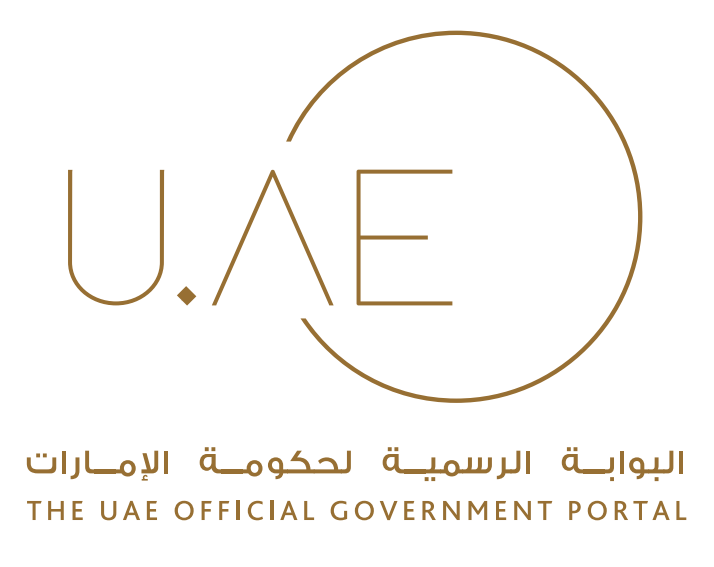The Dubai Health Authority (DHA) called on all COVID-19 close contact cases to complete the entire 10-day quarantine period to help prevent the spread of the disease.
The authority also highlighted 10 practices close contacts must avoid while they quarantine for 10 days.
A close contact is any individual who has spent more than 15 minutes with a confirmed COVID-19 case without maintaining a physical distance of 2 meters.
The quarantine period is 10 days from the last meeting with the confirmed case.
Dr Hend Al Awadhi, Head of Health Promotion and Education at the DHA stressed that close contacts must abide by the precautionary measures detailed in the DHA’s guidebook: “Close Contacts: Quarantine and Precautionary Guidelines”, which is available on the DHA website www.dha.gov.ae.
Dr Al Awadhi also highlighted 10 important practices that close contacts must avoid to protect themselves and others and prevent the spread of COVID-19.
1. Not completing the 10-day quarantine period
Dr Al Awadhi said that close contacts MUST complete the 10-day quarantine period even if they do not develop any symptoms and even if they receive a negative PCR test.
“The quarantine period is set as 10 days because latest studies have found that this is the incubation period of the virus. Even if close contacts don’t have any symptoms they can still be infectious and infect others, which is why it is mandatory to complete the 10-day quarantine period,” Dr Al Awadhi explained.
She added that after completing the 10-day period, there is no need to undergo a PCR test if there are no symptoms. If any symptoms appear during the quarantine period, close contacts must get a PCR test done. If the test result is positive, they must follow home isolation or institutional isolation procedures. If the test result is negative, the close contact must STILL complete the 10-day quarantine period,” she said.
2. Not disclosing that you’re a close contact
Dr Al Awadhi said close contacts must also inform their workplace, friends and family that they are now a close contact, so that they too can take the necessary precautionary measures needed.
3. Getting in close contact with others
Dr Al Awadhi stressed that while being in quarantine does not necessarily mean that the person is infected with COVID-19; quarantine is still a mandatory precautionary measure to ensure that the infection is not transmitted to others. Therefore, it is important to make sure that you do not meet others while quarantining.
She called on the public to abide by these measures to help stop the spread of the COVID-19 virus and protect loved ones as well as the community.
4. Allowing visitors to your home
Dr Al Awadhi stressed that those quarantining at home should not receive visitors, as the whole purpose of quarantining is to avoid unnecessary exposure to others in order to stop the spread of the disease.
“There are two types of quarantine. One is home quarantine, which takes place at the person’s residence, after making sure that the conditions for home quarantine are met. Those who quarantine at home, usually have no to mild symptoms. While at home, close contacts should not interact or share personal items with others. The second type is institutional quarantine, where the close contact quarantines in a quarantine facility dedicated for close contacts.
Institutional quarantine is an option in case the individual cannot meet the conditions required for home quarantine or needs additional care due to medical reasons. During their stay at the facility, close contacts will receive all the care and monitoring needed while they quarantine,” explained Al Awadhi .
5. Sharing items, rooms or the toilet with others
Al Awadhi explained that there are certain conditions and requirements for home quarantine that aim to ensure that the contact person is separated from healthy household members and that they do not share items, rooms and toilets with one another. They include:
• Availability of a separate room with a private bathroom.
• The close contact should be in a stable health condition.
• Availability of means of communication such as an active phone number.
• Availability of a first-aid kit that includes a thermometer.
• Awareness and commitment to quarantine procedures related to personal care and waste management.
• No high-risk individuals are sharing the household.
6. Sharing the household with high-risk individuals
The DHA guidebook outlines a number of groups that are considered high-risk individuals and therefore should not be in the same household as a positive or close contact case. They include elders above the age of 60, people with chronic diseases, people of determination and people staying at long-term care centers.
7. Leaving home even if you have to buy essentials
Close contacts should refrain from going out and meeting others when they are quarantining. They should opt to order essentials through home delivery service or they should ask someone else to do the shopping for them. Once the items are home, they should sanitize them before use.
8. Getting the vaccine while you are in the quarantine period
Dr Al Awadhi said that close contacts should only get vaccinated after completing the quarantine period of 10 days, provided that they have not developed any symptoms or fever during the last three days.
9. Going for any medical appointment or procedure
Dr Al Awadhi advised close contacts to postpone appointments and procedures until after the 10-day quarantine period— unless if it is an emergency medical appointment— to ensure their safety and the safety of others.
10. Ignoring precautionary measures
She reiterated the importance of following precautionary measures—such as wearing face masks, sanitizing regularly and practicing physical distancing— as they have a vital role in preventing the spread of COVID-19.
For more details regarding close contacts, click on the below link to access the “Close Contacts: Quarantine and Precautionary Guidelines” guidebook:
https://www.dha.gov.ae/Asset%20Library/COVID19/Close%20Contact_EN.pdf









 For an optimal experience please
For an optimal experience please